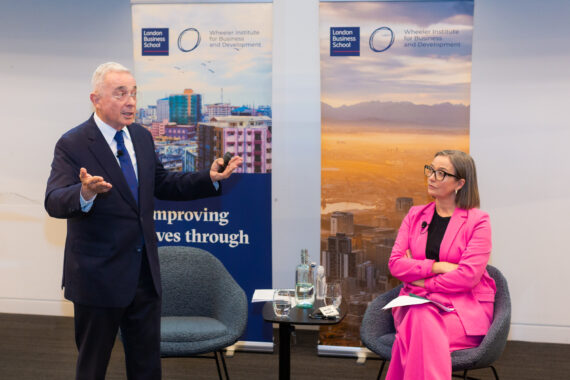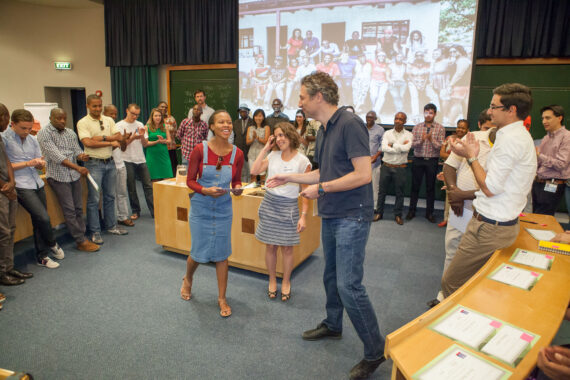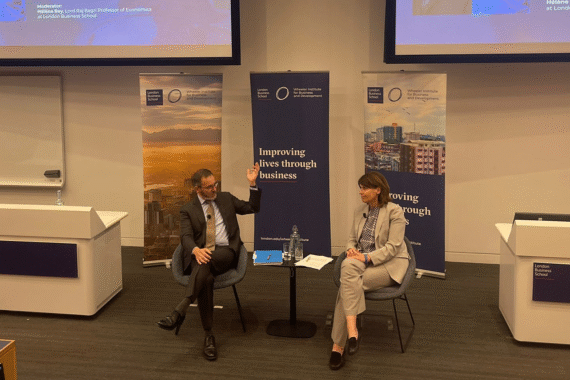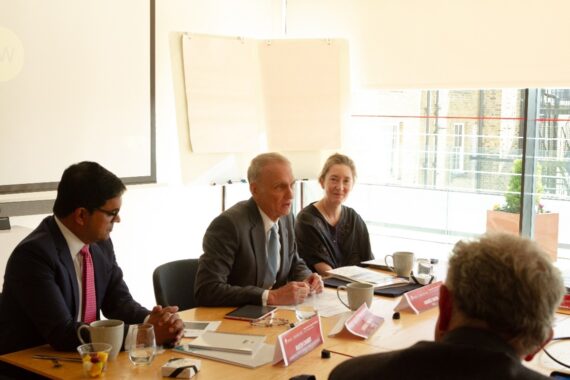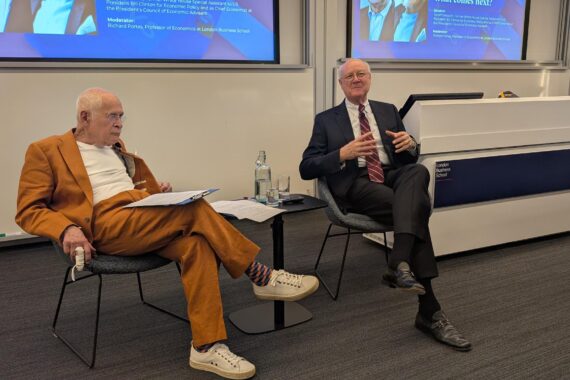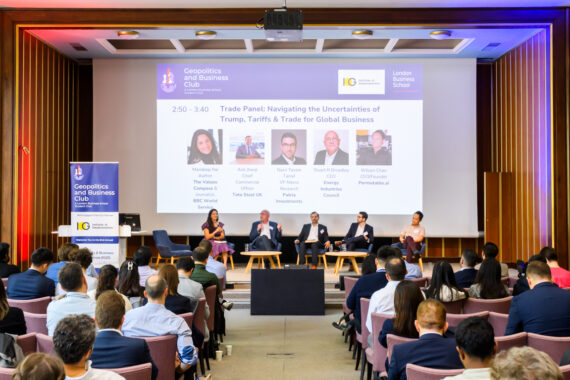Leadership Lessons and the Future of Colombia: A Conversation with Álvaro Uribe
The Wheeler Institute for Business and Development recently hosted Álvaro Uribe, former President of Colombia, for an evening of reflection on his presidency and insights into the future of Colombian governance. Moderated by journalist and LBS alumna Consuelo Saavedra, the conversation covered topics from democratic security and economic reform to leadership lessons and the complexities…

